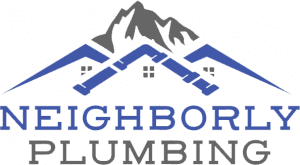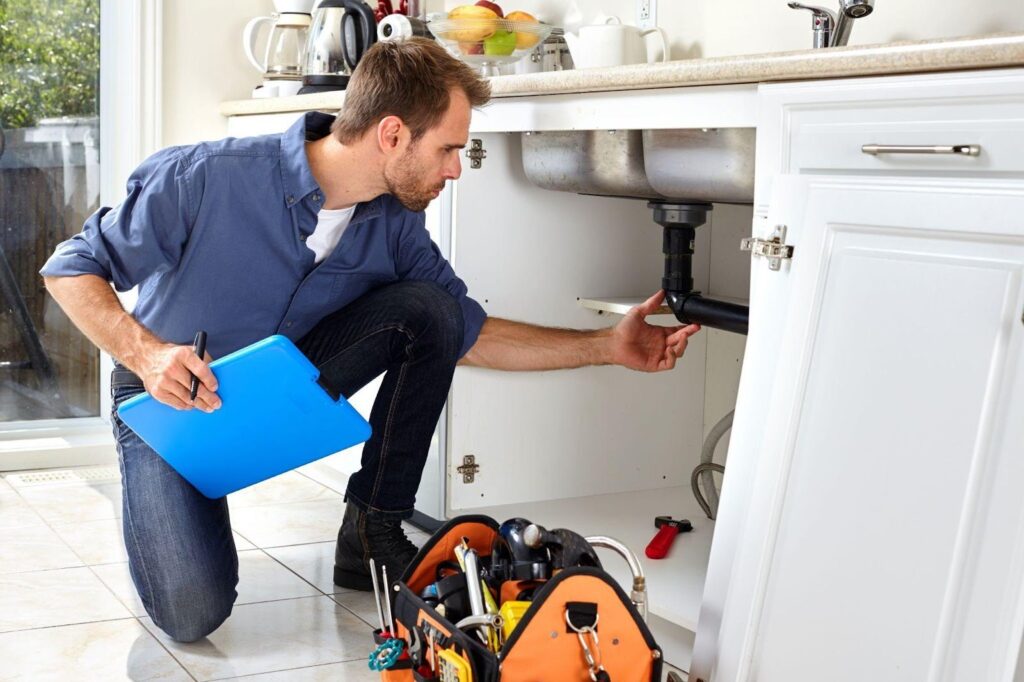
Plumbing may look similar from the outside — water flows in, wastewater flows out — but what happens behind the walls is far more complex.
The systems that keep homes comfortable and businesses operational differ in design, demand, and maintenance. Understanding the differences between residential and commercial plumbing enables property owners to make informed decisions about maintenance, service needs, and long-term performance.
Let’s take a closer look at how they differ and why those distinctions matter.
The most obvious difference between residential and commercial plumbing services lies in the size of the system. Residential plumbing serves a single household, typically featuring a limited number of bathrooms, kitchens, and fixtures. In contrast, commercial systems support dozens, sometimes hundreds, of occupants using water simultaneously.
Commercial plumbing networks often span multiple floors and feature extensive piping, larger water heaters, and industrial-grade pumps. A problem in a commercial setting affects more than one room; it disrupts operations across the entire building.
For instance, a single leak in a high-rise office can damage multiple floors if not addressed immediately through professional services.
Residential systems are simpler by design. They typically include one main water line, a smaller drainage network, and fixtures connected in a straightforward layout. Due to this simplicity, residential repairs are typically faster and more affordable than commercial jobs, although both require professional expertise to ensure lasting results.
Water usage patterns also differ significantly. A home’s plumbing handles steady, predictable use — morning showers, dishwashing, and laundry. By contrast, commercial properties experience heavy, inconsistent demand. Restaurants, schools, hospitals, and hotels often run water continuously throughout the day.
This high-volume use demands commercial systems that withstand constant pressure and wear. Builders often choose materials such as copper and stainless steel for their strength and resistance to corrosion. In comparison, residential systems utilize more flexible materials, such as PVC or PEX, without issue.
Because of the difference in demand, maintenance schedules also vary. Homes might need routine service once a year, while commercial buildings often rely on monthly or quarterly inspections from experienced providers to prevent downtime.
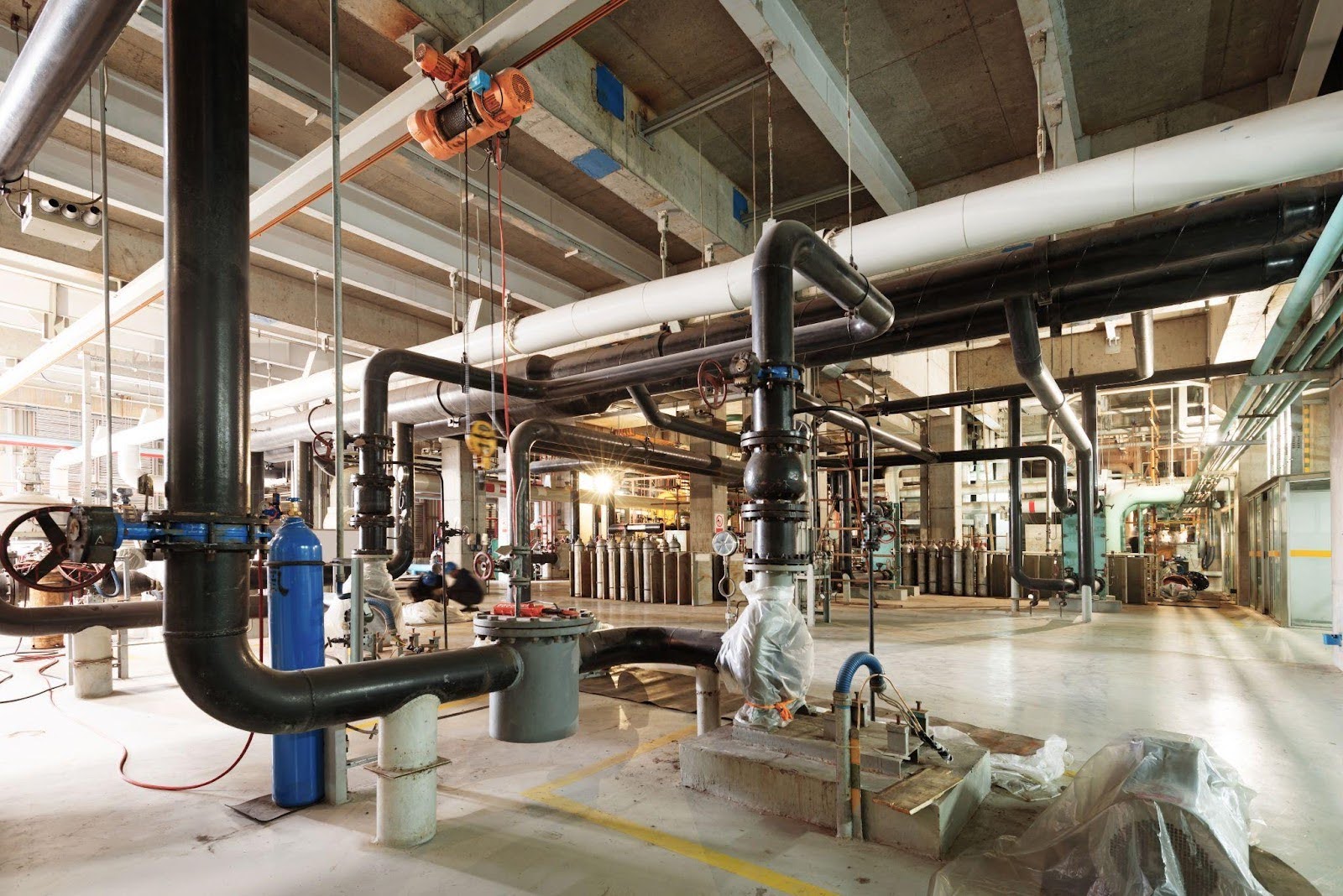
Both residential and commercial systems must meet safety and performance standards; however, commercial properties face stricter regulations.
Codes for commercial buildings are detailed and often vary by city or state. They account for high occupancy, sanitation, fire safety, and accessibility in accordance with the Americans with Disabilities Act (ADA).
Commercial systems also require features like grease traps, backflow prevention devices, and water pressure regulators to meet compliance standards. Businesses that fail inspections face fines or forced shutdowns, making it vital to work with licensed experts who specialize in commercial plumbing services and know local codes inside and out.
Residential codes are simpler and more uniform in nature. They prioritize water efficiency and safe drainage, but don’t typically require the complex designs seen in larger structures. While residential repairs must still follow regulations, the process is far less extensive than in commercial environments.
Maintenance frequency and repair urgency are key differences between residential and commercial systems. Homeowners tend to schedule service when problems arise — a leaky faucet, a clogged drain, or a faulty water heater. These are common repairs that a plumber can often complete within hours.
Commercial systems can’t afford unexpected downtime. A plumbing failure in a restaurant kitchen or hotel disrupts service, negatively impacts customers, and results in significant financial losses.
That’s why many businesses invest in preventive maintenance programs. These programs include routine inspections, pipe cleaning, and system testing to identify issues before they escalate.
Another important difference is timing. Residential work typically happens during the day, while commercial plumbers often work overnight or on weekends to minimize business disruptions. The tools, manpower, and planning required make commercial maintenance a more complex operation overall.
Residential plumbers use familiar tools — wrenches, snakes, drain cameras, and pipe cutters — designed for smaller systems. In some cases, residential plumbers may also use hydro jetting services for severe problems.
Commercial plumbers rely on specialized equipment built to handle large-scale demands. Examples include hydro jetting machines that clear massive clogs, industrial-grade water heaters that supply entire facilities, and pipe inspection cameras capable of mapping complex underground networks.
Commercial jobs also often require teams of plumbers working together to meet deadlines or restore service quickly.
While residential work focuses on precision and comfort, commercial work emphasizes efficiency and compliance. Both depend on skilled professionals who understand the unique needs of each system.
Whether you need residential repairs or a comprehensive industrial upgrade, expertise and the right equipment make all the difference.
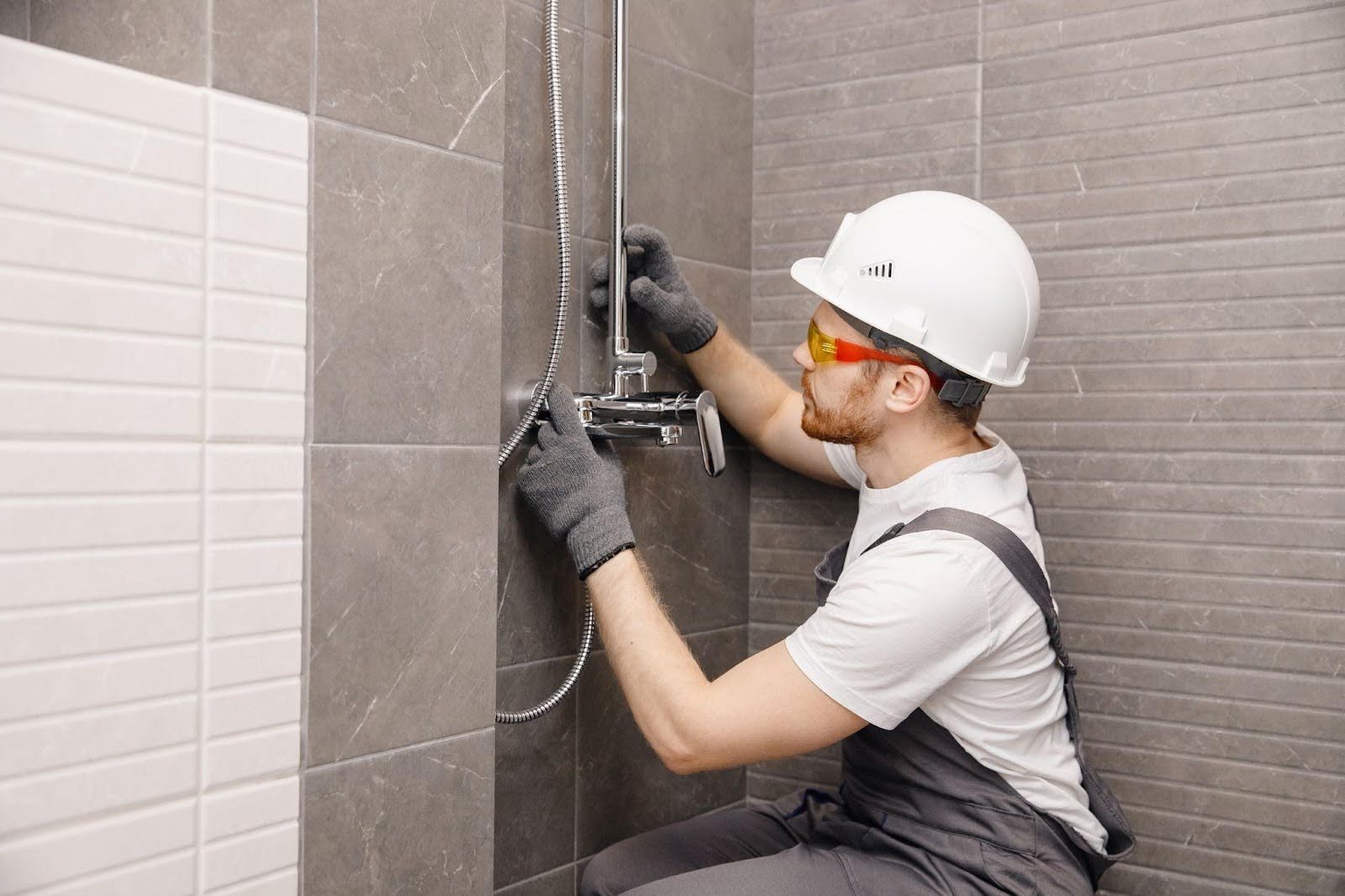
A plumbing emergency appears very differently depending on where it occurs. In a home, a burst pipe might affect a single room. In a commercial building, it can flood entire floors, disrupt business operations, and damage valuable property.
For that reason, commercial plumbing services often include 24/7 emergency response. Businesses can’t wait until morning for help — every hour of downtime affects customers and revenue. Residential emergencies also require quick attention, but their impact is usually confined to a single household, allowing for more flexible scheduling.
Professional emergency plumbers understand these dynamics and come equipped to handle both residential and commercial crises safely and efficiently.
It’s no surprise that commercial work tends to be more expensive. Larger systems require more labor, specialized tools, and compliance documentation. The scope of each project — from installation to maintenance — is greater than that of a single-family home.
However, the higher cost often pays off in the long term through increased reliability and fewer disruptions. Preventive maintenance saves businesses money by avoiding emergency repairs and water damage.
Residential homeowners benefit from quick, targeted residential plumbing repairs that restore comfort and functionality at an affordable rate. In both cases, investing in professional plumbing services ensures the system operates safely and efficiently for years to come.
Whether you’re managing a busy business or maintaining a home, problems will arise eventually. The difference lies in how often they occur, how severe they become, and what it takes to fix them.
In residential settings, issues tend to be smaller in scale but still disruptive. Homeowners often encounter problems such as leaky faucets, slow drains, or low water pressure.
Water heater failures and clogged toilets are also common reasons people schedule residential plumbing repairs. These problems are usually isolated to one part of the home, making them quicker and more affordable to resolve.
Commercial buildings face a different set of challenges. Because they serve a larger number of people and rely on complex systems, the potential for significant large-scale problems increases.
Restaurants may struggle with grease buildup in drains, office buildings might experience repeated restroom clogs, and hotels face constant pressure fluctuations.
When a section of the system fails, it could impact multiple floors or tenants simultaneously. That’s why business owners often depend on ongoing commercial plumbing services to stay ahead of these issues.
Maintenance is another key difference. Homeowners might not think about their plumbing until something breaks, while commercial property managers typically follow strict maintenance schedules. Regular inspections, drain cleanings, and water pressure checks help prevent emergencies that could interrupt operations or cause expensive damage.
Both residential and commercial systems benefit from professional attention, but their needs differ. Residential jobs focus on comfort and reliability, while commercial plumbing requires speed, compliance, and coordination. Professional services bridge that gap — ensuring every system, big or small, runs safely and efficiently.
Not all plumbers work on commercial systems. Each environment requires specific expertise, tools, and certifications. When choosing a provider, look for licensed and insured professionals with a proven track record in your specific type of property.
For homeowners, experience with residential plumbing repairs means faster diagnosis and reliable results. For businesses, familiarity with compliance standards and large-scale infrastructure is essential.
The best services are those that adapt to the client’s needs, whether that means replacing a home’s water heater or maintaining a restaurant’s drainage system.
Choosing the right specialist ensures your system receives the proper care — reducing breakdowns, conserving water, and keeping your property safe.
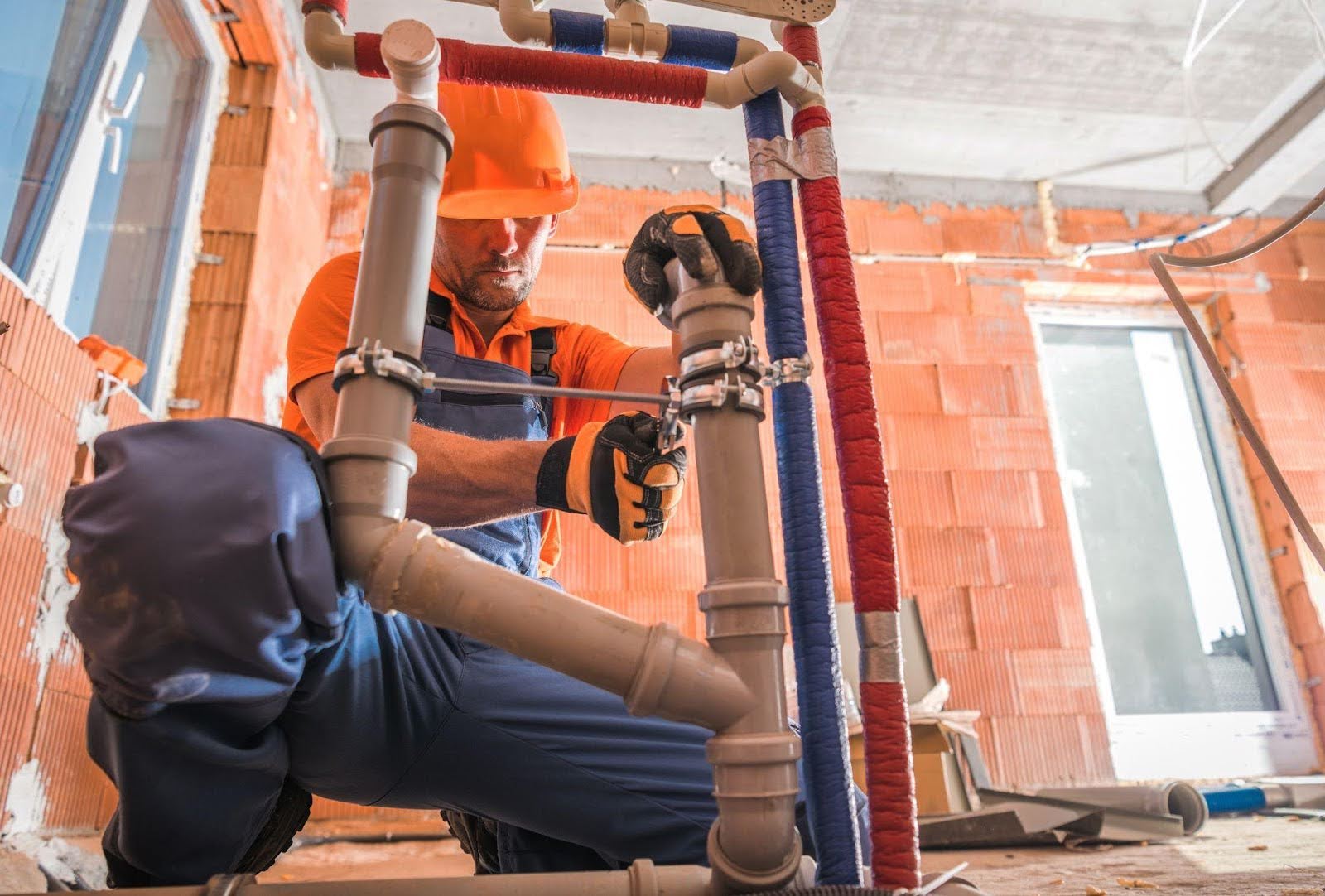
When plumbing problems strike at home, you need a team that responds quickly and gets the job done right. The trusted experts at Neighborly Plumbing specialize in residential repairs that keep your home comfortable, efficient, and worry-free.
From leaky faucets and clogged drains to water heater issues and full system upgrades, our skilled technicians deliver dependable services designed to last. We handle every job with care, precision, and a commitment to quality workmanship that homeowners count on year after year.
If you’re ready for reliable, long-term solutions backed by expertise and friendly service, we’re here to help. Call Neighborly Plumbing today for trusted residential services that protect your home, save you stress, and restore your peace of mind.
